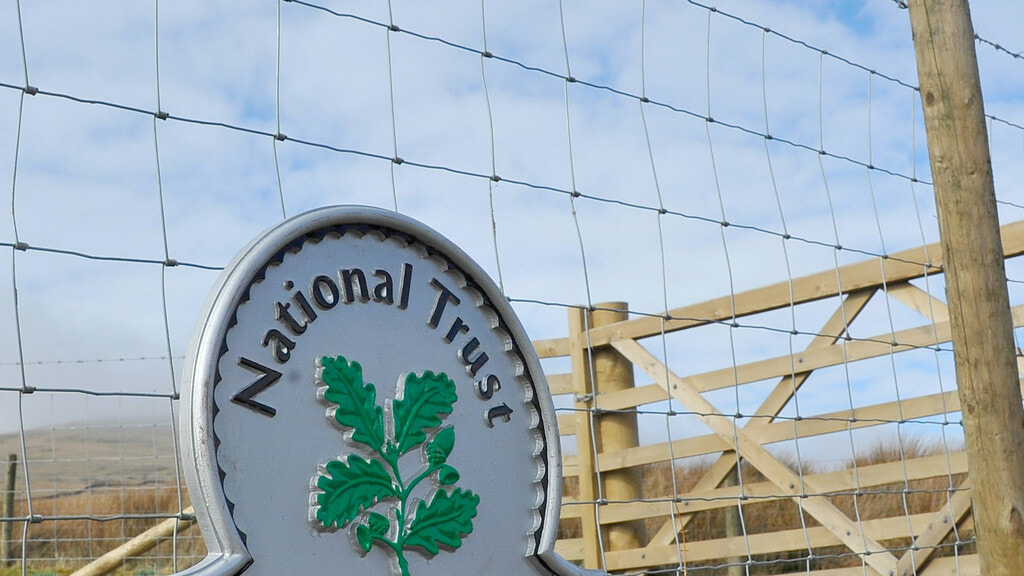
Jamie’s Farm also includes Oasis Farm, Waterloo, in the heart of London.
It is amazing what effect a few days on a farm, working with livestock, growing and harvesting food, sticking to a routine away from social media and outside influences, has on these children.
Being surrounded by kindred spirits and a dedicated team of extraordinary individuals, is life changing for so many vulnerable and troubled youngsters.
Until recently I was astonished how a short stay on one of these farms by youngsters between the ages of 10 and 16, could have such a dramatic impact upon their lives.
Having met young ‘ambassadors’, who have been through the experience, and now with enthusiasm and gratitude, return to support visiting children, or sing the praises of Jamie’s Farm to potential financial backers, visitors and VIPs, I was deeply impressed by their stories, and the dramatic change to their behaviour and perception of life, after spending time within the protective arms of Jamie’s Farm.
I now understand that it is not just about the visit, the animals and countryside. It is also about the philosophy behind Jamie’s Farm which is instrumental in its extraordinary success.
Jamie’s Farms was founded by Tish Feilden and her son Jamie in 2006. They wanted to realise their shared passion to make a difference to the lives of inner-city teenagers whose futures are blighted by violence, crime and fear. That original vision has grown from small beginnings to five remarkable farms.
Creating Change for Vulnerable Teens by Tish Feilden, is an inspirational and compelling book. One which for every parent, teacher and those of us who come into contact with children, particularly teenagers, should be compulsory reading.
Tish, a renowned psychotherapist, has used her knowledge, observations, passion and deep love for children and their wellbeing, into the creation of Jamie’s Farm, with her son Jamie. Her book, recently hot off the press, shares with the reader a practical philosophy and extraordinary insight into how and why Jamie’s Farm works.
From the first page it is hard to put down. As Jonathan Dimbleby, who wrote the Foreword says, “It is illuminating and gripping – wisdom shines from every page. The Feildens, supported by trained colleagues, have established protocols under which everyone is treated as an individual but has to behave responsibly as a member of the group.”
If looking for Christmas presents for family and friends, I recommend you buy this unique book. It can be found on Amazon.
It is surely time to rename the National Trust. Founded in 1876 by Octavia Hill, Sir Robert Hunter and Hardwicke Rawnsley, to “promote the permanent preservation for the benefit of the Nation, lands and buildings of beauty or historic interest”. They must now be turning in their graves.
It is becoming increasingly clear that this organisation is currently being used as a political tool, by those at the helm, who clearly cannot be ‘trusted’.
Why did the NT identify properties which they decided, in many cases mistakenly, had benefitted from slave labour?
Why did the NT insist volunteers wear LGBT lanyards at Felbridge Hall, Norfolk, the home of the last lord of the manor, Robert Wyndham Ketton-Cremer, who the charity shamefully ‘outed’ as being gay?
What right does the NT have to demand £300,000 from locals for a three-acre meadow on the edge of Dartmoor, or face it being sold for development?
It is time to ‘drain the swamp’, as a certain person would say. At the very least re-name the charity, The National Mistrust!

 RSS Feed
RSS Feed